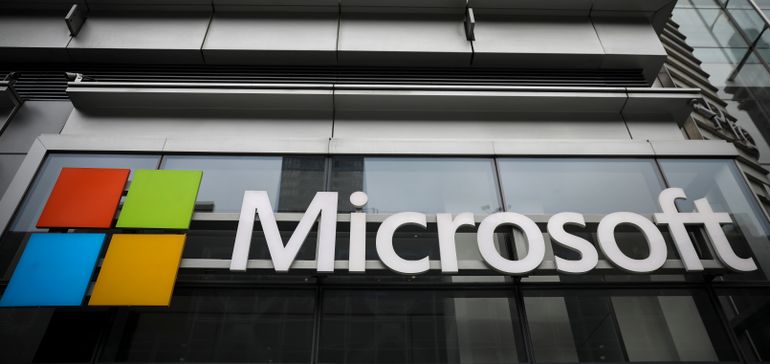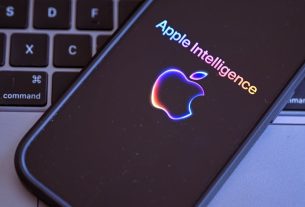Dive Brief:
- Microsoft on Monday announced the general availability of Azure OpenAI Service as part of its ongoing partnership with OpenAI. Businesses will soon have access to ChatGPT, which has been trained and runs inference on Azure AI infrastructure.
- “We’ve learned a lot from the ChatGPT research preview and have been making important updates based on user feedback,” OpenAI said in a tweet Monday. “ChatGPT will be coming to our API and Microsoft’s Azure OpenAI Service soon.”
- The OpenAI API offers a variety of models suitable for different tasks and allows users to customize models, according to OpenAI. Microsoft Azure is the core computing power behind OpenAI API.
Dive Insight:
The enterprise approach to adoption is slow and steady, as the technology behind large language models improves. Providers look to reassure businesses by introducing guardrails against potential risk.
Businesses still need to apply for access to the service despite its general availability. Companies can submit a form describing the specific use case and general capabilities for the planned application.
Businesses could be denied access to the service if the proposed use case has a high potential for misuse, such as “a content creation application open to unauthenticated users who can generate unconstrained content on any topic,” according to Microsoft.
This has been a critical area of debate as more and more people use AI and large language model services like ChatGPT. Certain AI-powered models have produced biased and inaccurate assertions, leading some institutions to question the use of these models.
In hiring, for example, automated employment decision tools could skip over non-traditional applicants. In New York City, a law intended to regulate the usage of such tools is set to be enforced in April, requiring employers to conduct bias audits.
When ChatGPT first launched, some users were quick to question the tool’s ability to reject inappropriate requests. Since its inception, ChatGPT has been banned from developer site Stack Overflow and school districts across the country, including Los Angeles, Baltimore, New York City and Seattle.
In order to curb some of the potential backlash, Microsoft worked closely with OpenAI and customers to assess use cases and address risk, according to Microsoft.
“We’ve implemented our own guardrails for Azure OpenAI Service that align with our responsible AI principles,” Microsoft said. “As part of our limited access framework, developers are required to apply for access, describing their intended use case or application before they are given access to the service.”
Content filters have also been added to the service to catch abusive, hateful or offensive content, monitoring user input and generated responses.
“In the event of a confirmed policy violation, we may ask the developer to take immediate action to prevent further abuse,” Microsoft said.



